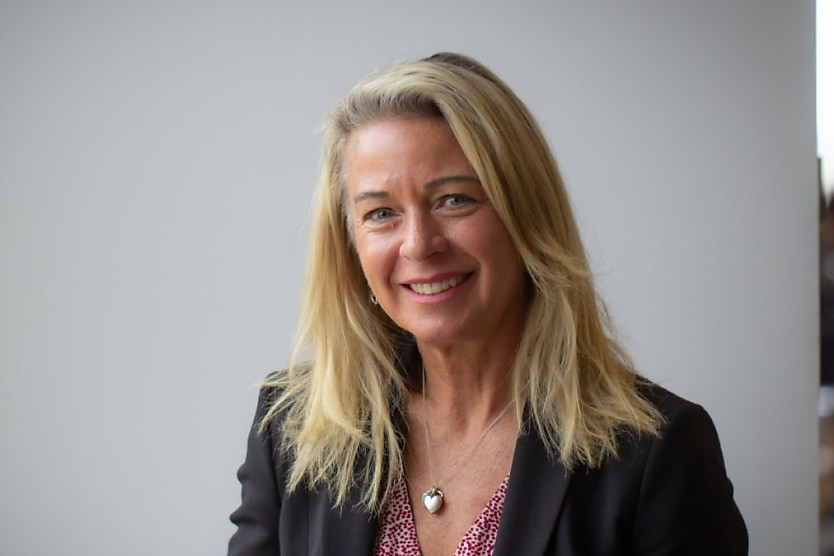Employers embracing the challenge of managing 5 generations
SHARE THIS ARTICLE

Australian employers are embracing the challenge of managing a wide variety of generations in the workplace.
New research from Robert Half has revealed that 99 per cent of Australian employers encounter generational differences between their workers at their organisation.
“It’s clear that generational differences are a reality for nearly every workplace, with varying levels of technological proficiency being a key challenge,” said Nicole Gorton, director at Robert Half.
According to the findings, 29 per cent of employers claimed that varying knowledge around technology was a key challenge for managers, with 28 per cent also struggling to handle each generation’s differing work/life balance expectations.
A difference in communication styles (23 per cent) and the differences in work ethic were also touted by employers as key challenges.
“While Baby Boomers, Gen X and Millennials have learned to adapt during their careers and upskill in each new technology as it emerges, Gen Z are mostly digital natives,” said Gorton.
“Concerns among employers regarding work/life harmony and work ethic likely stem from evolving workplace expectations across generations.
“Younger workers, having entered the workforce during a period marked by the rise of remote work, rapid digital transformation, and a heightened focus on overall wellbeing, often prioritise the overall employee experience compared to older generations whose earlier experiences differed greatly.”
Despite the challenges raised by employers regarding the variety of generations across the workplace, according to the findings, employers “feel” ready to embrace these obstacles and challenges.
Most employers (83 per cent) claimed that they have a good understanding of balancing the differing motivations and expectations of their workforce – whereas just 3 per cent noted their ability to understand these differences as poor.
The other 14 per cent fell somewhere in the middle, not agreeing that their ability was poor but admitting that they had not fully grasped how to strike the pivotal balance needed.
“While it’s encouraging that employers feel confident in their understanding of generational differences, translating that understanding into effective management strategies is pivotal for organisations to cultivate a harmonious and productive multi-generational workforce,” said Gorton.
“Bridging generational gaps requires ongoing dialogue, empathy and a willingness to adapt to create an inclusive environment where employees of all ages can thrive.”
As previously reported on HR Leader, Foundations for Tomorrow managing director Taylor Dee Hawkins claimed that understanding the idiosyncratic needs and wants of all five working generations in the workplace can result in a massive return on investment for organisations.
“There’s a huge amount of untapped potential in leaning into this intergenerational collaboration. And starting the journey towards doing this better is as easy as how do you frame the beginning of your meetings? Who are you inviting to the meetings, and what roles are they holding? What sort of support are you giving people as you onboard them into your organisation or when they reach maybe nearer the end of their career?” she said.
“It’s these really basic things that can slot into existing systems. This is not an overhaul of how you manage your whole HR practice. It’s just thoughtfulness and consideration and, to be honest, a bit of intrinsic work, a bit of internal work with what are the biases that you’re carrying about different generations.”
Kace O'Neill
Kace O'Neill is a Graduate Journalist for HR Leader. Kace studied Media Communications and Maori studies at the University of Otago, he has a passion for sports and storytelling.

